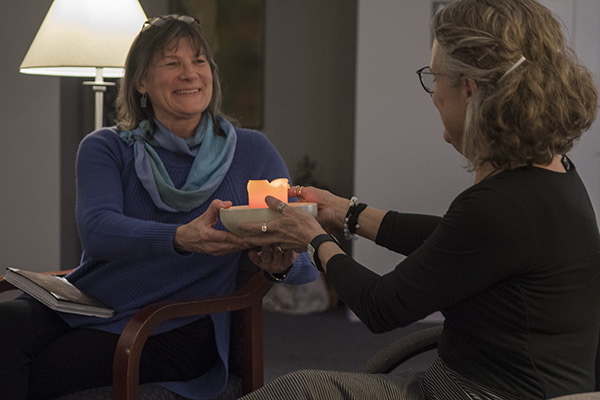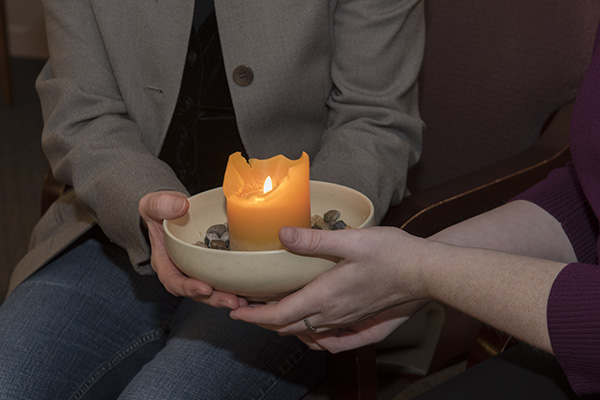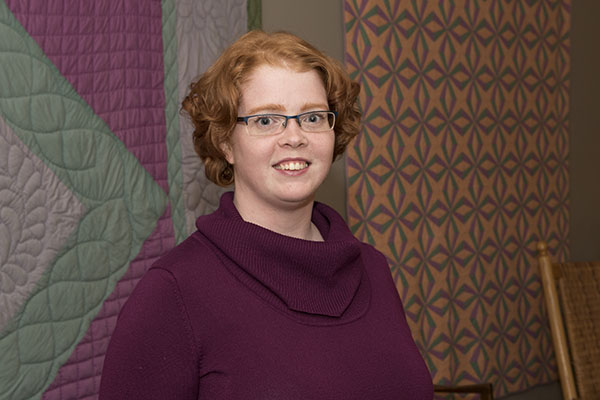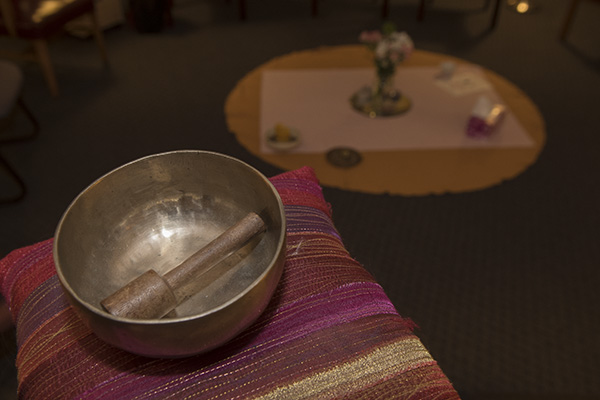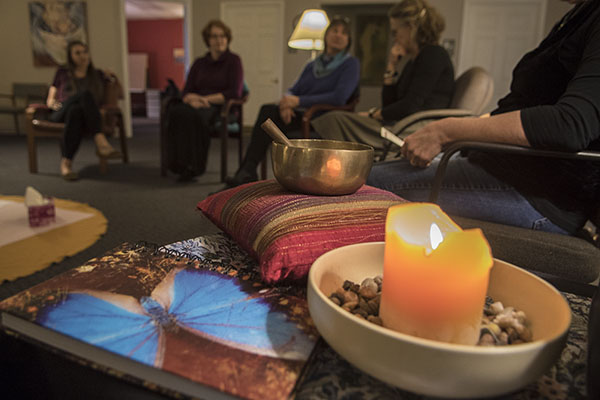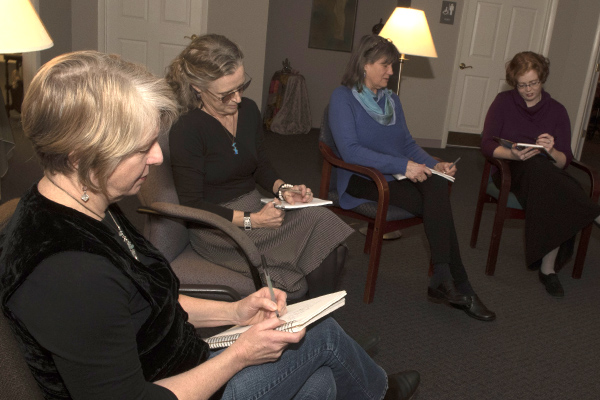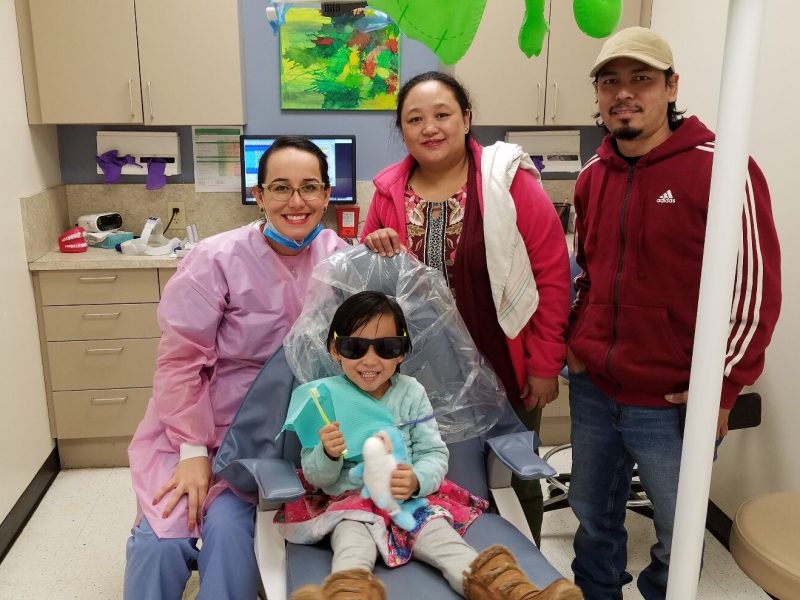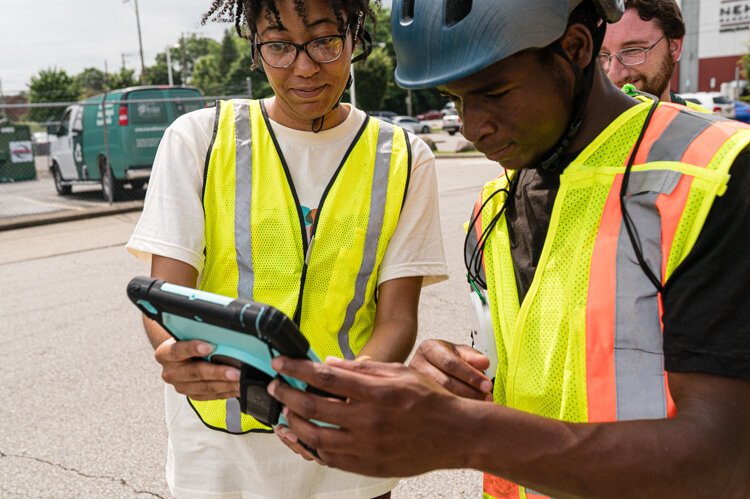Local writers group expands reach, sharpens mission of celebrating hidden voices
For more than 25 years, Women Writing for (a) Change has provided a safe, supportive environment for developing writers. Looking to the future, organizers outline a process that emphasizes intention setting and feedback.
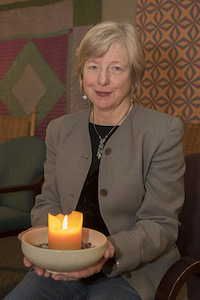
Everyone has a story to tell, but for some, their stories have been ignored. In 1991, Mary Pierce Brosmer founded Women Writing for (a) Change with the belief that “when women and girls are safe, empowered, prosperous, expressive and authentic, so is society.”
The group, which goes by WWf(a)C for short, holds writing classes, workshops and events that are designed to uplift voices that have been historically silenced. As a result, the organization has transformed the lives of its participants as they create conscious community and discover creativity and purpose.
Discovering creativity is central to the mission of WWf(a)C. Diane Debevec, the group’s executive director, explains that everyone has a creative side that needs to be nurtured.
“Creativity is a human quality,” she says. “It has value for everyone.” This innate creativity emerges through thoughtful and revolutionary writing practices that are designed to enhance one’s consciousness.
Increasing consciousness by design
These practices begin as you enter the two-story building in Silverton that houses WWf(a)C. You notice the quiet immediately — a stark contrast to bustling Montgomery Road, which lies just to the south. Everything in the space flows from WWf(a)C’s intention to increase consciousness.
“It feels like we’re living at a time where people are not taking the time to hear one another,” Debevec says. “We’re moving too fast.”
The building’s interior reflects the intent to slow down, evoking a sense of coziness, with walls covered in quilts and art. Classes take place in a large room upstairs, featuring a circle of chairs surrounding a cloth decorated with candles and flowers.
Circles are important in the organization for practical and symbolic reasons. The circle becomes a container in which writers can feel free to express themselves without fear of criticism. A circle, with no sides to choose, is the perfect way for people of all beliefs and backgrounds to gather.
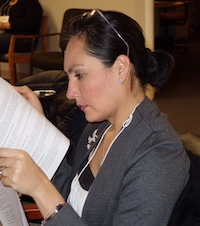
Debevec describes her own journey within the circle: “By writing and being heard at a level of listening I had never experienced before on a consistent basis, that was life-changing.”
She also stresses the importance of confidentiality once you’re in the circle. She says that everything that is said within the circle, stays there.
Debevec says that people from all walks of life, all beliefs and all identities are welcome in the circle at WWf(a)C. The organization is careful not to alienate anyone who is genuinely interested in its process. In fact, the organization regularly challenges itself to have tough conversations about how they can ensure everyone — even those who don’t identify as women — feels included.
Writing can be a very personal process, and for the unitiated, bringing your work to a writing workshop can be intimidating. WWf(a)C guides its participants to find their voice rather than focusing on minor technical errors in grammar.
The group’s feedback practices exemplify this gentler, non-academic approach to a writing class. Rather than submitting a story or a poem to a group for critique, the author is in charge of what kind of feedback they would like to receive. Someone may want the circle to acknowledge the courage to write anything at all and those listening are instructed to provide feedback that supports that request. The author is thereby more aware of the power of intention in the group dynamic and is able to control what they hear.
Intent is everything to the practices of WWf(a)C. Before class, the facilitator will usually light a candle, pass the flame around the circle and ask those present to set an intention for the class. Participants are called to reflect on their own needs rather than adhere to external expectations. This practice highlights the power of intent and supports WWf(a)C’s mission to create more conscious people.
Although the students often describe the classes as food for the soul, Debevec is careful about using the word “spiritual.” Debevec and her organization focus on fostering mindfulness and self-understanding rather than seeking a higher power. However, the development of the “conscious feminine” is a crucial tenet to its theory of changing lives and communities. The conscious feminine as a concept includes but isn’t limited to the deliberate practice of collaboration, celebration and inclusion — qualities embodied by the circle, intention-setting and feedback practice.
Writing from heart first, head second
One of WWf(a)C’s most successful programs is the Conscious Feminine Leadership Academy, which trains women to be ambassadors of the organization’s contemplative writing process.
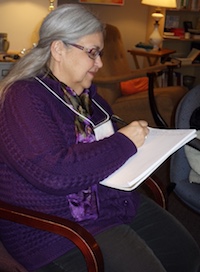
Marisa Head is a freelance writer and academy graduate. In 2012, she found herself unfulfilled by the work she was doing on the night shift at a local newspaper. Head says that she didn’t realize how the results-driven, competitive nature of the working world affected her.
WWf(a)C taught her a new approach to her professional life and she credits the idea of the Conscious Feminine for that shift. Head says that WWf(a)C helped her discover the confidence to open her own writing consultant business. “I can go to new clients and present myself with confidence and know what my value is,” Head says.
Discovering confidence is a common theme for the participants of WWf(a)C.
Ellen Austin-Li was a nurse before becoming a stay-at-home mom. As her youngest son prepared to leave the house, she didn’t know what might be next. She stumbled onto WWf(a)C through a friend and was hooked after one class.
“I’ve always had a strong artistic side of my person that I didn’t honor before,” she says. Taking classes at WWf(a)C, Austin-Li learned that she could express herself freely and that the ideas closest to her heart had value and were admired by others.
WWf(a)C now looks to a next chapter highlighted by exciting growth. Though the group started in Cincinnati, affiliates are popping up all over the country. Other graduates of the Conscious Feminine Leadership Academy were inspired to start their own satellite groups, and now the organization can be found in Indiana, Colorado, Florida and Oregon. Though these affiliates are individually owned entities, they stay connected to the Cincinnati base through regular conference calls, training and social media.
Debevec says that WWf(a)C would love to grow locally, too, and she is exploring ways to introduce the group’s method to people who have been historically silenced — particularly people with disabilities, people of color and people experiencing homelessness. She believes this growth will occur naturally; as each participant becomes a more conscious, creative person, that consciousness will ripple out into their neighborhoods, city and world.

